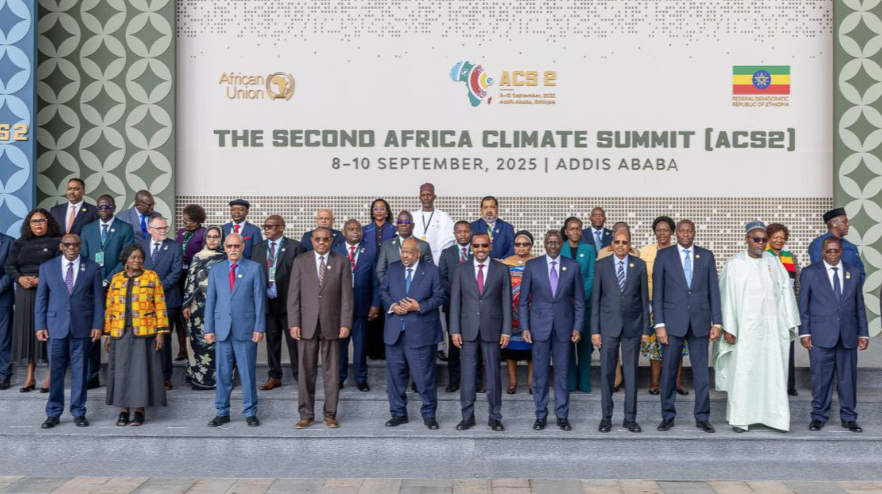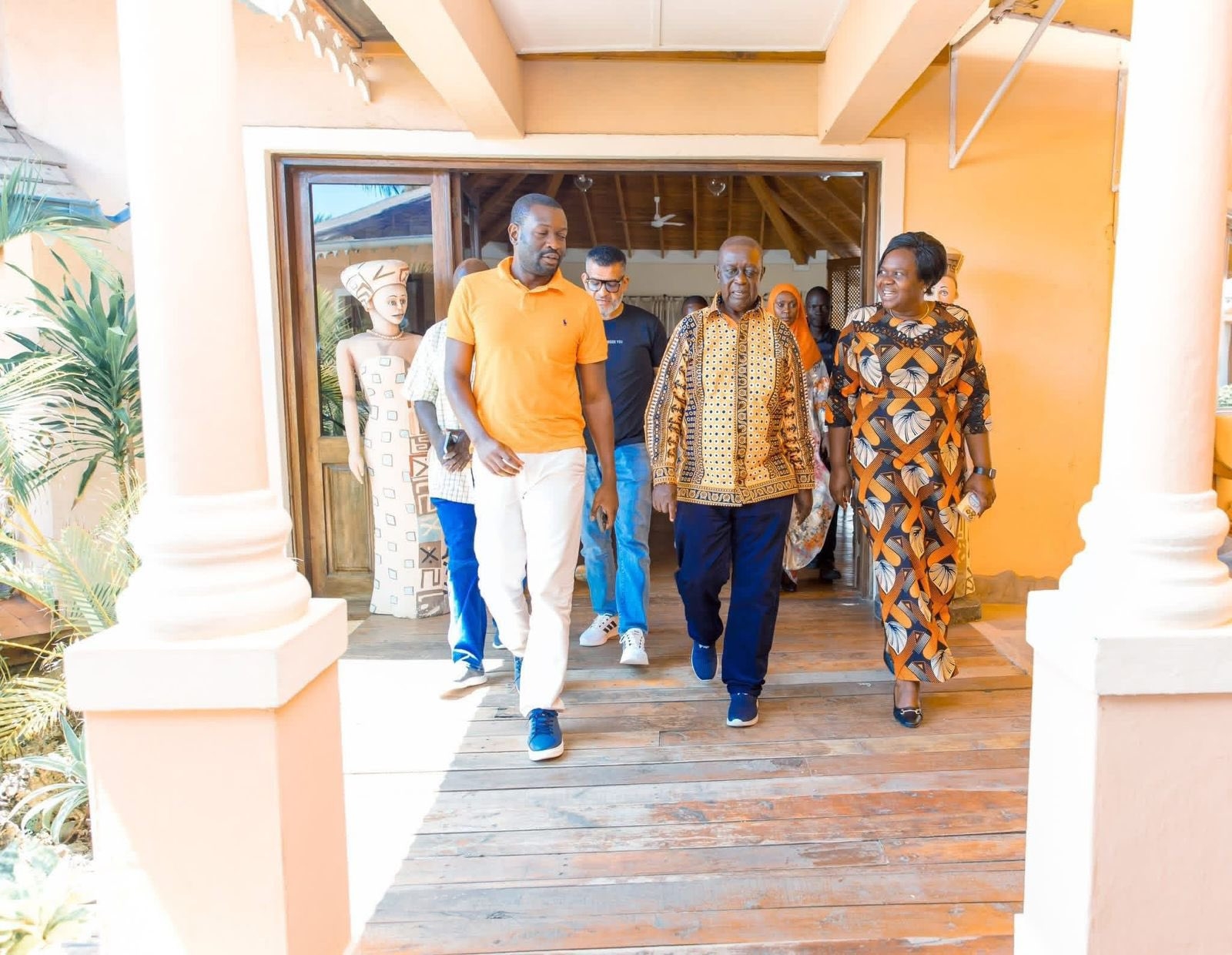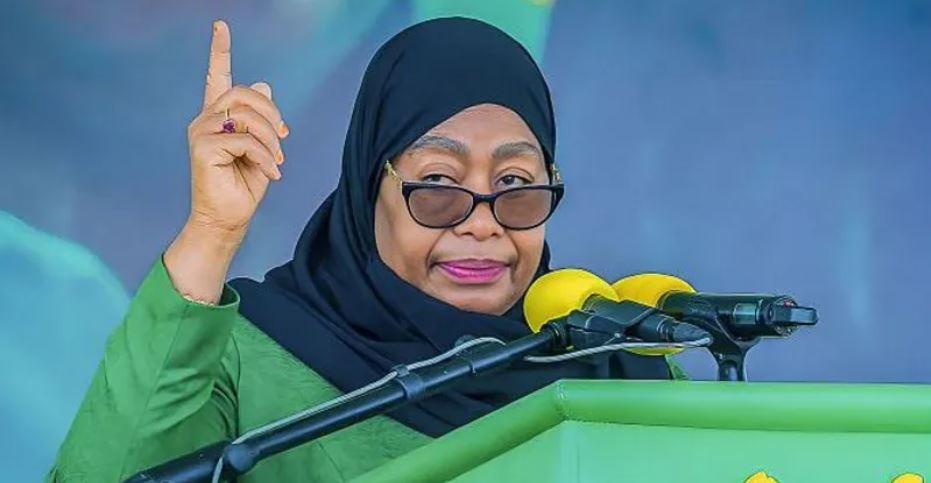

President William Ruto has called on the international community to significantly increase its contributions to climate change adaptation and mitigation.
Speaking during the opening session of the Second Africa Climate Summit in Addis Ababa, Ruto argued that Africa cannot shoulder the burden of climate action alone.
He emphasised that Africa is already taking bold, transformative steps to address climate change—not from a position of victimhood, but as a provider of global solutions.
“Africa is adopting climate-positive growth,” Ruto said. “We are positioning ourselves as a source of solutions rather than as victims of the climate crisis.”
He pointed to the Nairobi Declaration, adopted during the inaugural Africa Climate Summit in 2023, as clear evidence of Africa’s commitment to climate action.
The declaration redefined climate response as a pathway to economic transformation, job creation, and sustainable development, rather than a constraint on growth.
“Success will depend on both sides: Africa delivering at home, and the global system opening space where Africa’s climate, business, and development goals converge,” the President stated.
Ruto warned that a fragmented approach to climate change will only lead to failure.
“Acting alone, we will squander time, waste resources, and forfeit the future,” he said. “Isolation is not a winning strategy in combating climate change — it is courting failure.”
Ruto challenged the global community to dismantle structural barriers that continue to hold Africa back.
He called for lower financing costs through reforms of global financial institutions, expanded concessional funding for climate-related initiatives, scaled-up private sector investment and integration of climate action into lending frameworks.
He also urged reforms in global trade and subsidy regimes to allow Africa fair access to markets for its value-added products—including climate-smart agricultural goods, green industrial exports, and carbon credits.
“The international community has both the responsibility and the self-interest to support this initiative, ensuring a win-win outcome for all humanity,” Ruto said.
Taking aim at short-sighted global politics, Ruto warned against the growing tendency toward transactional partnerships, broken commitments, and retreat from global solidarity.
“Too often, commitments are broken and international solidarity is dismissed as weakness, precisely when the scale of the climate crisis demands enhanced cooperation — not less,” he cautioned.













